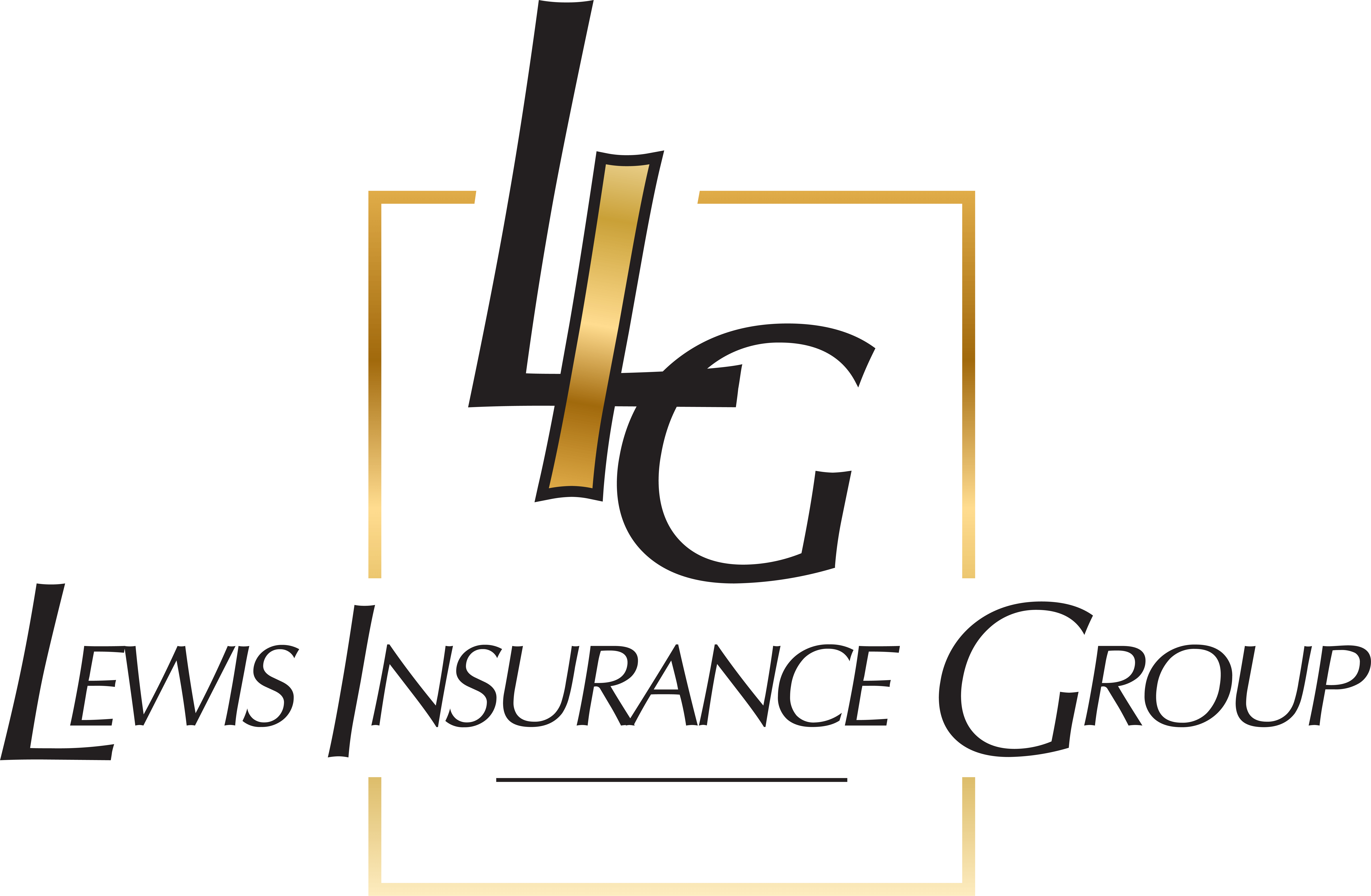Running a business comes with its fair share of challenges—managing operations, employees, and of course, finances. But one of the most overlooked cash flow killers is commercial auto insurance premiums. Many business owners assume their commercial auto insurance functions the same way as their personal auto insurance, only to be blindsided by unexpected costs, delayed billing adjustments, and large down payments that can disrupt their entire financial plan.
As an insurance agent, I see this mistake all the time. The unfortunate truth? A lack of preparation and understanding of commercial insurance can put a serious strain on your business's cash flow, making it harder to reinvest, pay employees, or even stay afloat. Let’s dive into how these miscalculations can turn into costly financial headaches—and how to avoid them.
1. The Illusion of Immediate Policy Changes – When Your Payments Don’t Match Reality
Many business owners assume that removing a truck from their policy means their bill will immediately go down. This assumption is true for personal auto insurance, where payments adjust in real time. However, commercial auto insurance often operates on agency billing, meaning a finance company is involved. This changes everything.
🚨 Real-World Example:
Imagine you sell a truck today and call your insurance agent to remove it from your commercial auto insurance policy. In your mind, that truck is gone, and so is the cost of insuring it. But here’s the problem—it can take up to 90 days for that change to reflect in your billing.
For three months, you're unknowingly paying insurance on a truck you don’t even own anymore. That’s money that could’ve been used to upgrade your equipment, cover payroll, or invest in growth. Instead, it’s tied up in premiums you shouldn’t have to pay.
2. The Hidden Cost of Down Payments – A Cash Flow Killer
The difference in upfront costs between personal auto insurance and commercial auto insurance is staggering. Here’s how it plays out:
- Personal Auto Insurance: You typically only pay the first month’s premium to start coverage.
- Commercial Auto Insurance: Many carriers require 20% down just to activate a policy.
🚨 Why This Becomes a Financial Trap:
Let’s say your annual commercial auto premium is $20,000. That means you need $4,000 upfront just to get started. If you’re a small or growing business, that can be a significant financial burden, especially if you weren’t expecting such a high initial cost.
If you’re adding multiple vehicles at once, that down payment skyrockets. Suddenly, the money you had planned to allocate elsewhere is now tied up in insurance, throwing off your entire budget.
3. Why Insurance Companies Take Up to 90 Days to Refund Unearned Premiums
Another cash flow nightmare occurs when businesses expect immediate refunds after removing a vehicle or canceling a policy. The reality? Insurance companies can take up to 90 days to process refunds, creating a serious financial bottleneck.
🚨 Why the Delay?
- Policy Financing & Third-Party Involvement: If your insurance is financed, refunds may first go to the finance company before reaching you.
- Internal Processing & Audits: Insurance companies must verify policy changes, cancellations, and premium calculations before issuing a refund.
- State Regulations & Compliance: Some states allow insurers up to 90 days to process refunds based on consumer protection laws.
- Payment Method Delays: If you paid through a financing company, the refund process takes additional steps before you receive it.
- Billing Cycle Timing: Refunds are often processed on set schedules, meaning timing plays a huge role in how quickly you get your money back.
🚨 How This Impacts Cash Flow:
If you expect a refund within days but end up waiting months, your business could be short on cash at a critical time. You may need those funds to cover payroll, invest in new equipment, or expand operations—but instead, they’re tied up in insurance red tape.
4. How Poor Planning Leads to Unnecessary Overpayments
Another cash flow nightmare occurs when businesses don’t properly plan for policy adjustments. If you finance your insurance premium, your billing doesn’t always update instantly like it does with direct-billed personal insurance.
🚨 Example:
Let’s say your business sells an old truck and buys a new one. You assume the cost will balance out—after all, you’re replacing one truck with another, right?
Wrong. The finance company still expects full payments based on the original financing terms. That means you could be paying for two trucks at once, even if you’ve only got one in your fleet. This creates an unnecessary financial strain that could have been avoided with better planning and an understanding of the system.
5. How to Avoid These Costly Mistakes
The good news? You can prevent insurance-related cash flow issues with the right approach.
✅ Work With an Insurance Agent Who Understands Commercial Policies
Not all insurance agents specialize in commercial auto insurance. Make sure you’re working with someone who understands the ins and outs of agency billing, policy financing, and fleet management.
✅ Plan for the 20% Down Payment
Don’t let the upfront cost catch you off guard. Budget for the initial down payment so that it doesn’t derail your cash flow.
✅ Track Your Policy Adjustments Closely
Keep detailed records of when you add or remove vehicles from your policy. Follow up with your insurance provider to ensure changes are processed as quickly as possible.
✅ Request Refunds in Writing and Follow Up Regularly
If you’re expecting a refund, request it in writing and stay on top of the process. Call your agent or carrier frequently to check the status.
✅ Consider Paying Insurance in Full (If Possible)
If you have the ability, paying your policy in full can sometimes save you finance charges and prevent billing delays.
Final Thoughts: Don’t Let Insurance Premiums Drain Your Cash Flow
Insurance is essential, but it shouldn’t cripple your business financially. By understanding how commercial auto insurance differs from personal auto insurance, you can avoid unnecessary overpayments, plan for big expenses, and keep your business financially stable.
At Lewis Insurance Group, we specialize in helping businesses navigate commercial insurance without the headaches. If you need guidance on choosing the right policy, budgeting for insurance costs, or ensuring your billing is accurate, we’re here to help.

